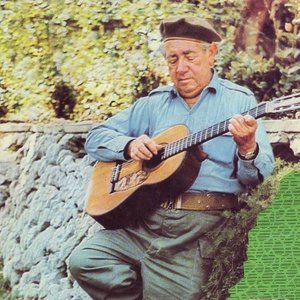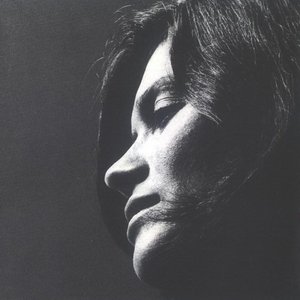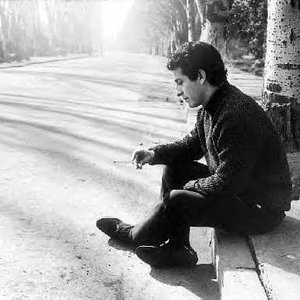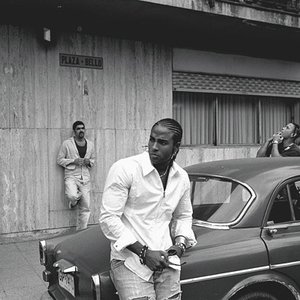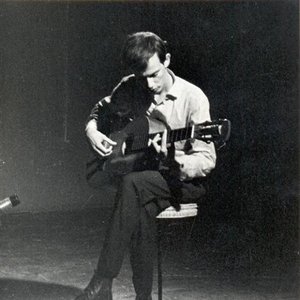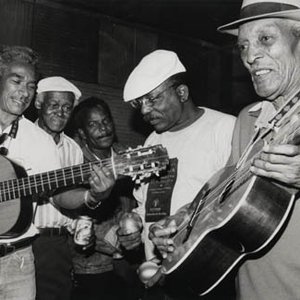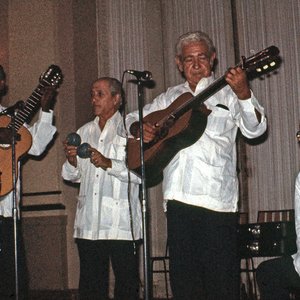Biography
-
Born
11 September 1917
-
Born In
Manzanillo, Granma, Cuba
-
Died
12 July 1989 (aged 71)
Born into a modest family, he did several types of manual jobs during his youth (carpenter, mechanic, sugarcane worker, shoemaker), but quickly became interested in music, and especially in the guitar. He learned how to play the instrument by himself, without a teacher.
He began composing during the 1930s, and met with a certain amount of popularity in his native city. He recorded his first songs in the 1950s with his group Los Tradicionales, formed in 1953, and politically he stood beside Fidel Castro before the 1959 Revolution.
In 1961, he went on tour in several countries with his musicians. His music, as well as his political activity, turned his concerts into a success. He was thenceforth called "the singer of the Cuban Revolution" and other world tours followed. More than an ambassador for Cuban music, he was an ambassador for Cuba.
In 1965, the night after Fidel Castro's speech announcing Che Guevara's departure from the government, Puebla, seized by passion, composed what would become his most celebrated work, Hasta Siempre, Commandante, a true declaration of love for and hope in Che.
On 12 July 1989, he died in Havana after a long illness. His ashes were transferred to the cemetery of his native city five years later. A plaque there reads: yo soy ésto que soy, un simple trovador que canta ("I am what I am, a simple troubadour who sings").
Puebla began by writing love songs, such as Quiero hablar contigo, Qué sé yo and Te vieron con él, which later became successes, and also Cuenta conmigo, Quién se lo iba a imaginar and Hay que decir adiós, popularised by the duo Claro and Mario.
From the beginning of the 1950s, he sang of the difficult living conditions of his people and challenged Batista's dictatorship with such songs as Plan de machete, Este es mi pueblo and Pobre de mi Cuba. His lyrics were serious and direct.
The 1959 Revolution inspired him to write new songs, such as Y en eso llegó Fidel, La Reforma Agraria, Duro con él, Ya ganamos la pelea and Son de la alfabetización.
His most famous song, Hasta siempre, comandante, has been covered and translated by dozens of artists from all over the world, notably in France, by Nathalie Cardone and the collective Motivé-e-s (Zebda).
His body of work comprises over a thousand compositions.
Artist descriptions on Last.fm are editable by everyone. Feel free to contribute!
All user-contributed text on this page is available under the Creative Commons Attribution-ShareAlike License; additional terms may apply.


